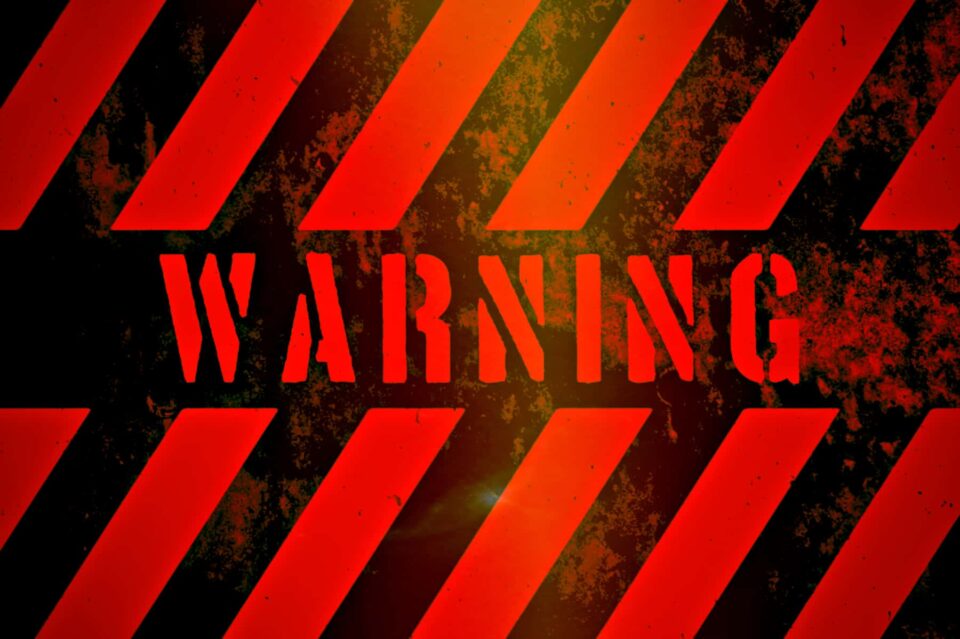Nearly half of the officials who serve on the government’s Dietary Guidelines Advisory Committee (DGAC) have direct conflicts of interest with Big Food, Big Pharma and weight loss industry corporations with a stake in the outcome of said guidelines, a new report from the watchdog group U.S. Right to Know has found.
Nine of the 20 DGAC members are on the dole of drug companies like Abbott, Novo Nordisk and Eli Lilly, as well as private endeavors and companies like the National Dairy Council and Weight Watchers International. These 20 folks are considered food and nutrition “experts,” providing recommendations for updating the United States government’s official dietary advice to the country.
For its report, which was published on October 4, U.S. Right to Know compiled publicly available data from the last five years about each of the 20 DGAC members’ ties to industry. Ultimately, these ties were found to be disqualifying factors, at least in a just and honest society.
The report concludes that “with high-risk conflicts of interest still present on the DGAC, the public cannot have confidence that the official dietary advice from the U.S. government is free from industry influence.”
The only “encouraging findings” in the report are that seven DGAC members have no confirmed or possible conflicts of interest, at least in the past five years.
USDA, HHS disclosure list of 2025 DGAC members’ relationships with industry based on VOLUNTARY responses, meaning members can easily LIE and get away with it
We already have somewhat of an idea as to the composition of the 2025 DGAC members’ relationships with industry, thanks to disclosures procured earlier this year by the U.S. Department of Health and Human Services (HHS) and the U.S. Department of Agriculture (USDA). These disclosures are limited and incomplete, though.
“These disclosures were aggregated, voluntary, did not identify each individual member’s conflicts and only covered the last year,” reports Children’s Health Defense, a project of 2024 presidential contender Robert F. Kennedy Jr. “The report was an effort to fill in the gaps of the agencies’ flawed disclosure.”


